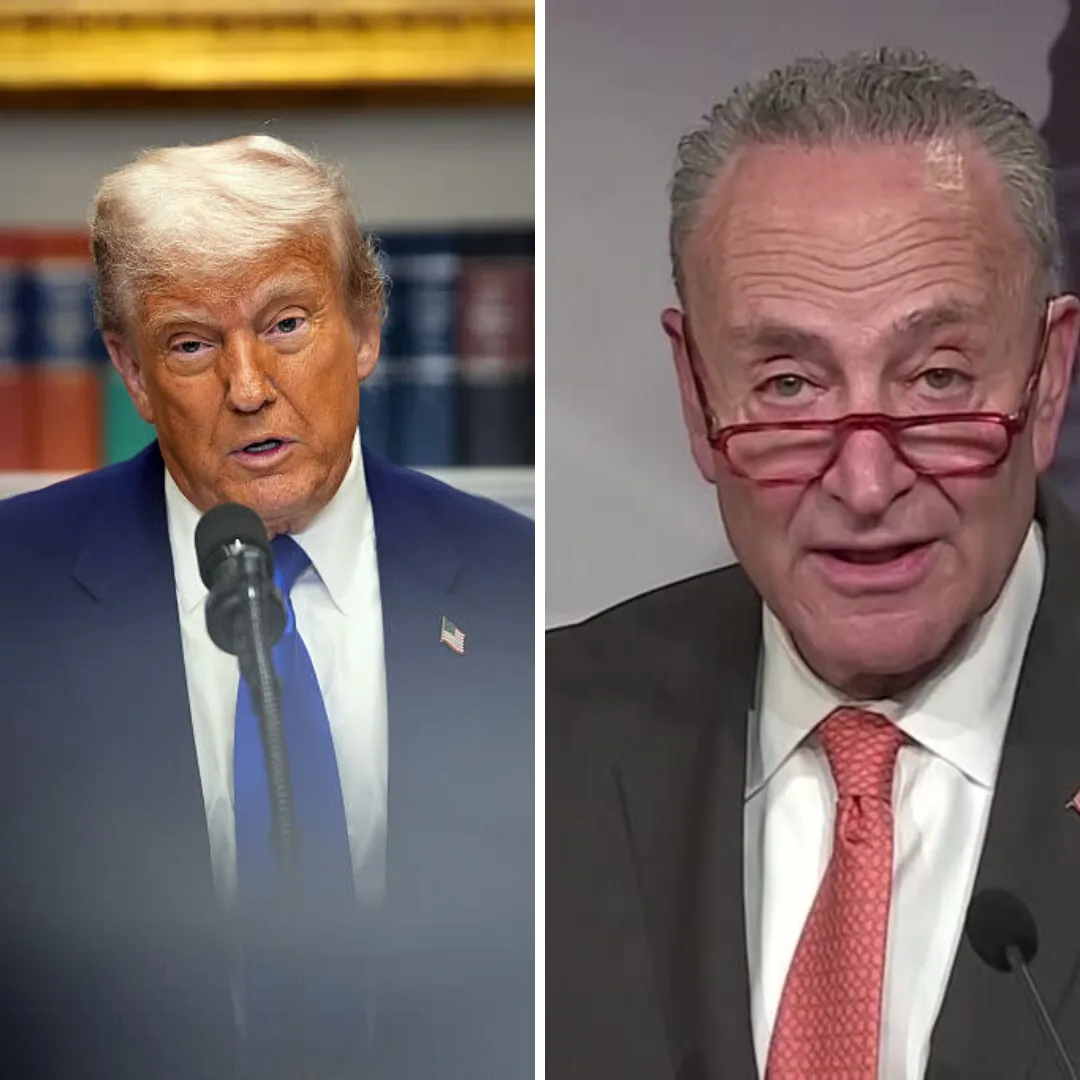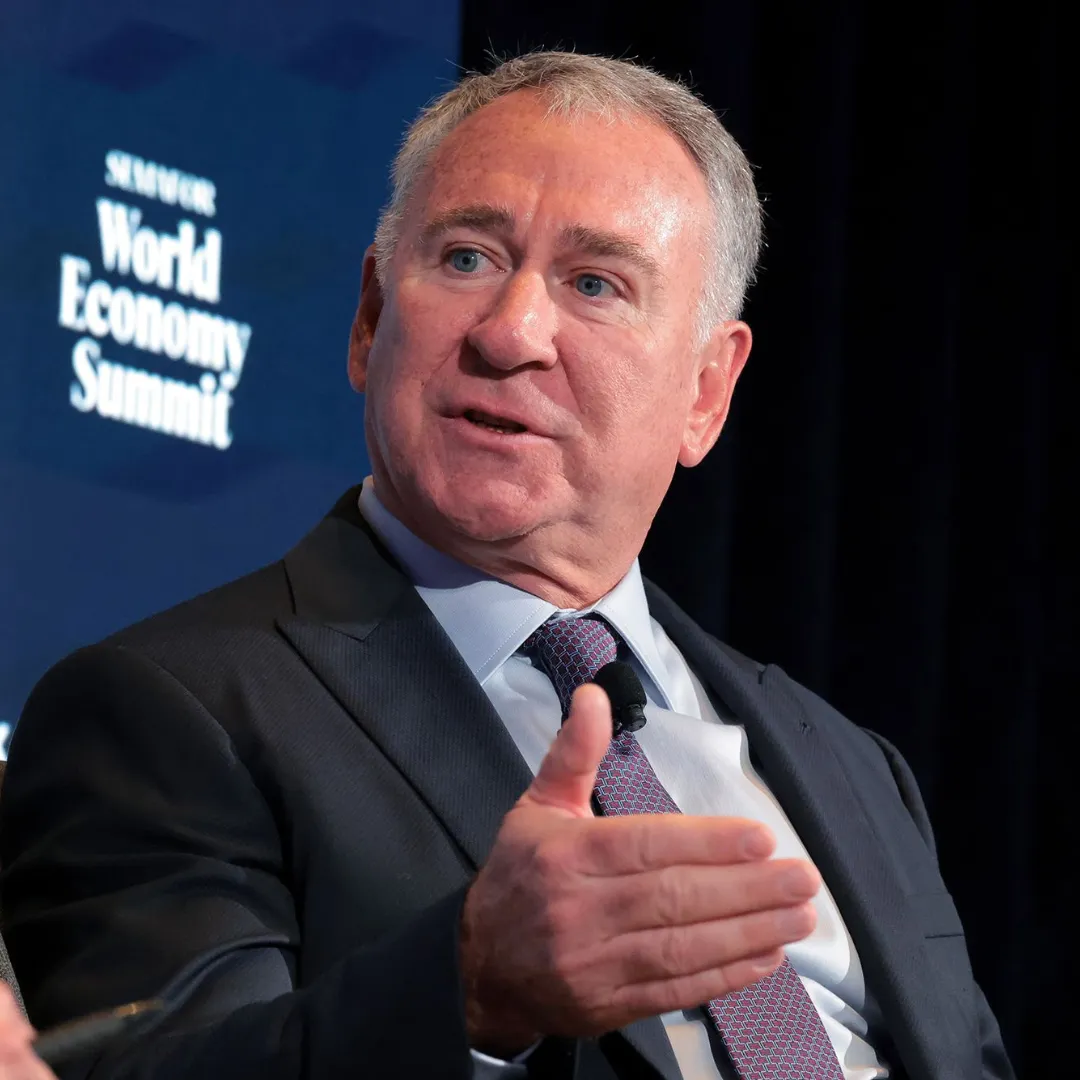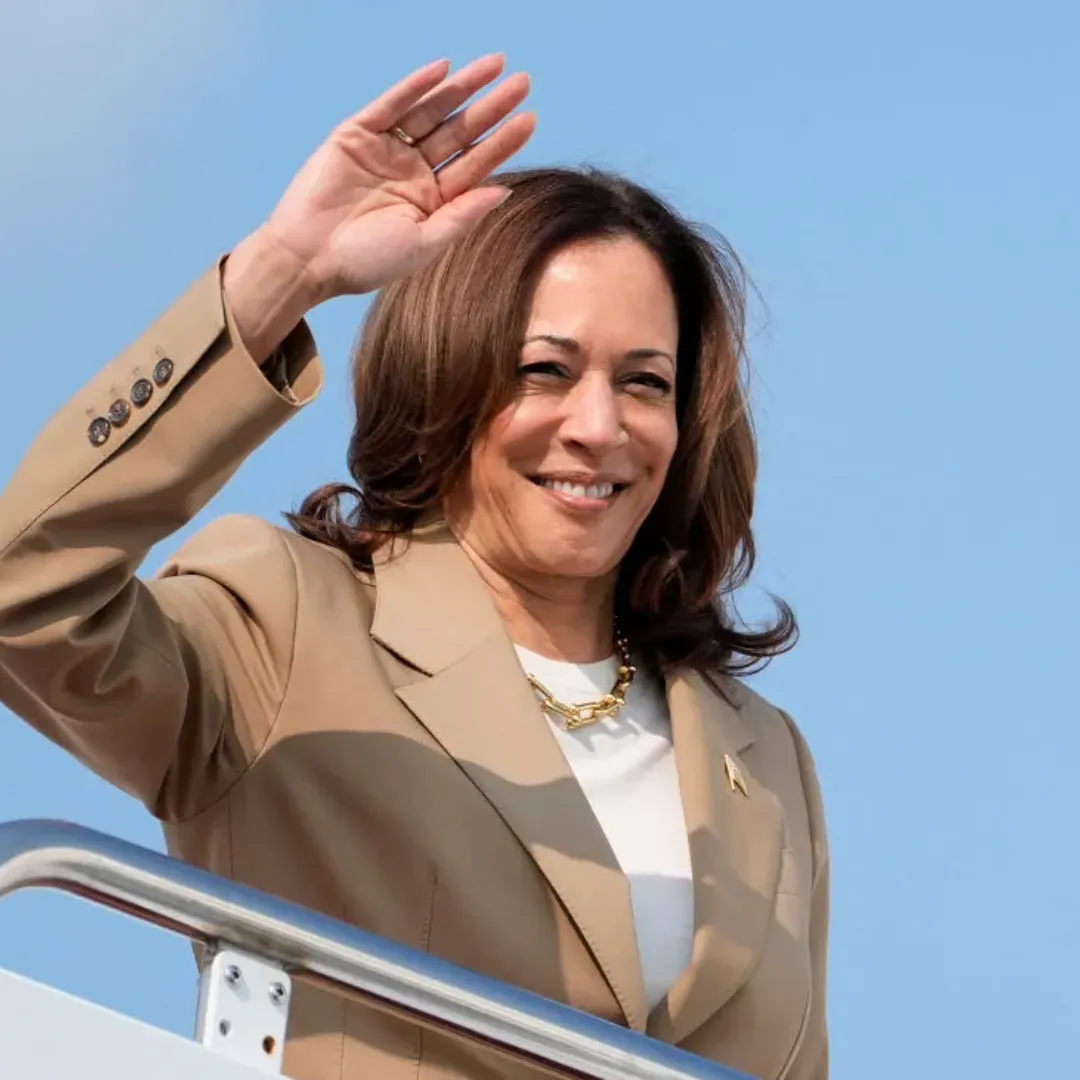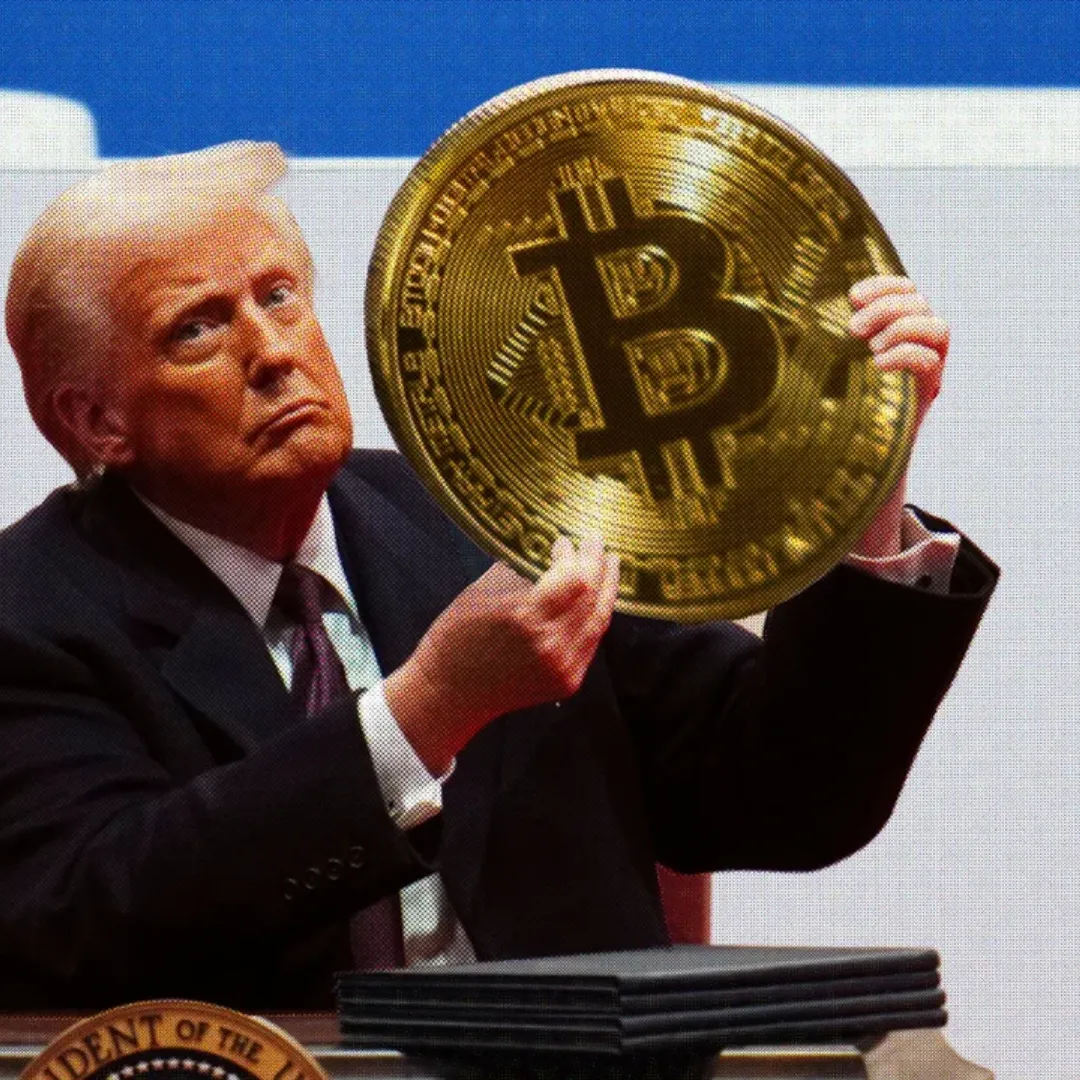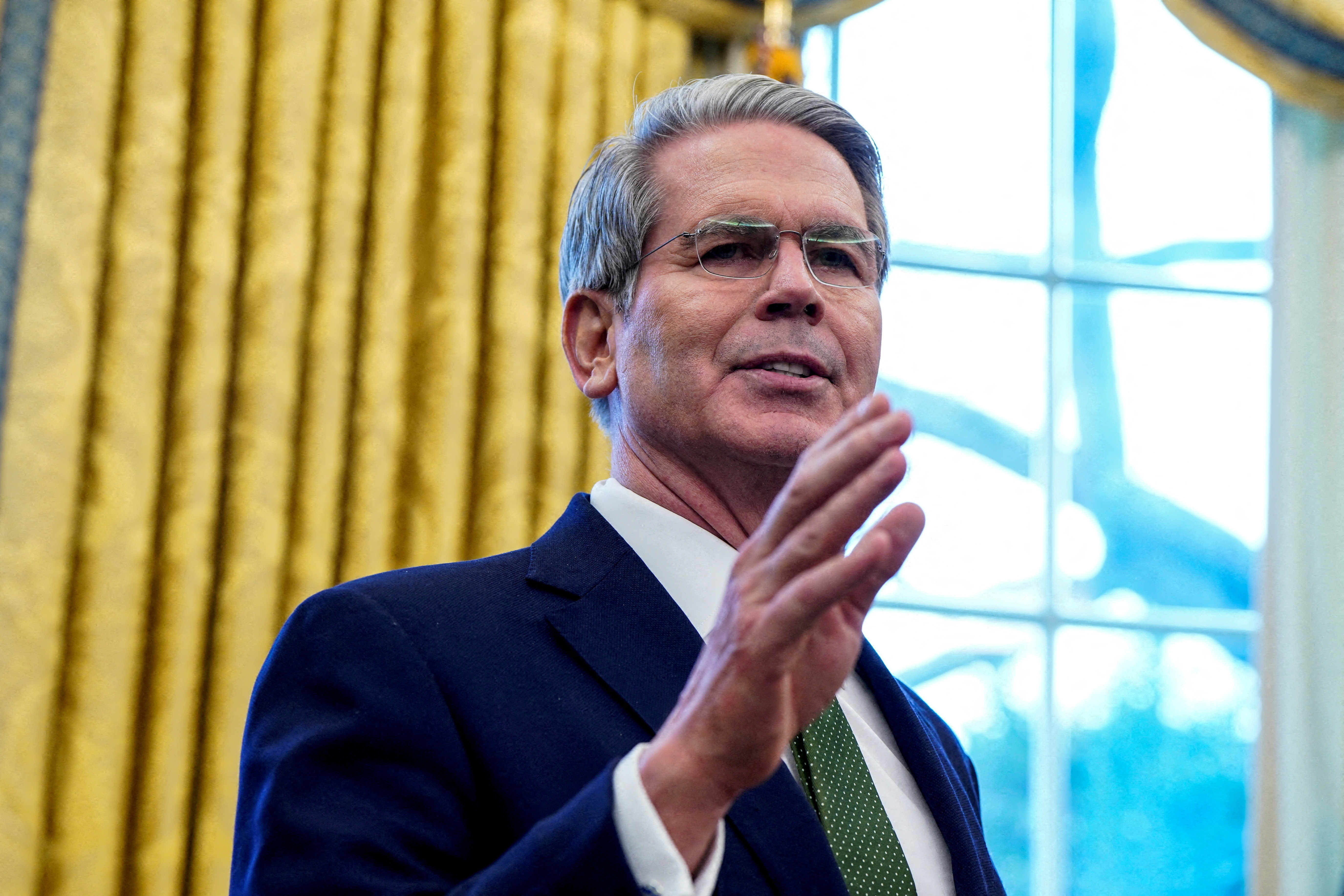
Treasury Secretary Scott Bessent leaned into President Donald Trump’s controversial "doll analogy" during a Fox News interview on Tuesday, making the case that a young girl receiving fewer dolls this Christmas could ultimately have a better life than previous generations.
His remarks were an effort to defend Trump's vision for the U.S. economy amid growing uncertainty over trade policies and consumer spending habits. The discussion, which centered on Trump’s recent comments advocating for a cultural shift in American consumption, also touched on the effects of rising tariffs, the importance of economic self-sufficiency, and the U.S. relationship with China.
Bessent appeared on The Ingraham Angle, where he was asked to respond to growing criticisms of President Trump’s economic approach, particularly his position on the trade war with China and the resulting economic fallout.
In recent days, Trump and several senior officials have suggested that Americans should buy fewer products, especially with the rise in the cost of goods caused by sweeping tariffs imposed by his administration.
This controversial stance has raised concerns about consumer prices, particularly during the holiday season, when retailers traditionally see a surge in consumer spending.
The interview began with Bessent defending Trump’s doll analogy, which had been mocked by some commentators following the president's remarks about a young girl with fewer toys for Christmas.
"This reporter behind me was quite snarky the other day when President Trump talked about the girl having two dolls and he said, ‘Well, what — the president didn’t take the question, but he said, ‘What would you tell that girl?’” Bessent said, referring to the media's reaction.
“And I said, ‘I would tell that young girl that you will have a better life than your parents, that you and your family, thanks to President Trump, can now be confident again that you will have a better life than your parents, which working-class Americans had abandoned that idea.'"
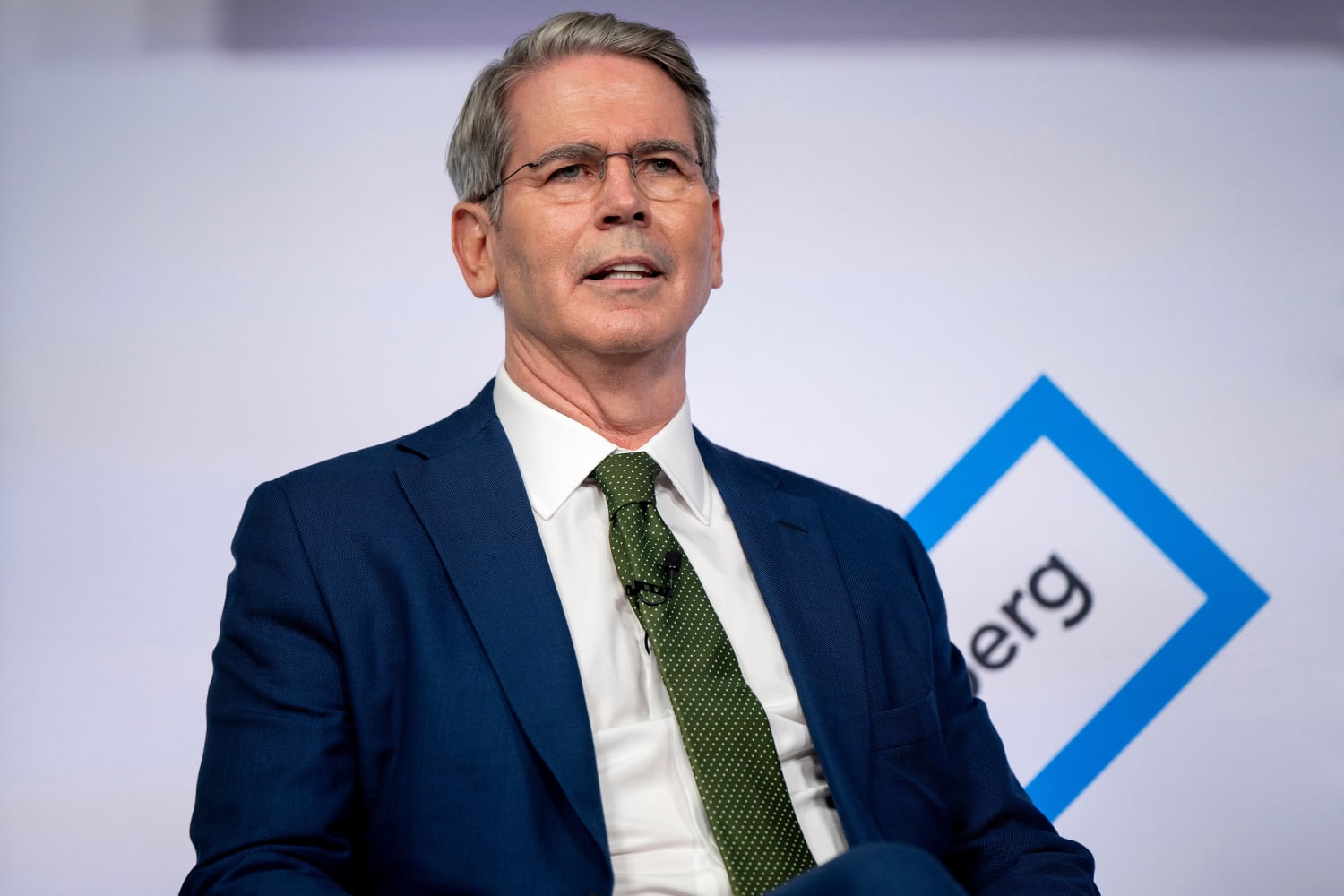
Bessent continued, “Your family will own a home. You will be able to advance. You will have a good education. You will have economic freedom.”
The Treasury Secretary's message, though framed around the holiday season, was an ideological defense of Trump's broader economic policies, particularly those that emphasize reducing reliance on foreign goods and encouraging American manufacturing.
The "doll analogy," as it’s been dubbed, has become a flashpoint in the debate over how the Trump administration handles economic uncertainty and shifting consumer expectations.
On the surface, the analogy sought to make the case that having fewer material possessions in the short term could ultimately benefit families and communities in the long run, suggesting that the cultural shift toward overconsumption was damaging to society and that the U.S. needed to refocus on values such as economic independence and family stability.
However, critics of the analogy argue that it oversimplifies the very real concerns of American families who are facing higher costs as a result of tariffs and trade wars.
Bessent’s remarks came amid the ongoing discussion surrounding the impact of tariffs, particularly President Trump’s 10 percent baseline tariff on nearly all foreign imports.
These tariffs have been a cornerstone of Trump’s trade strategy, which he claims is aimed at addressing the U.S.'s trade deficit and pushing for fairer deals with foreign trading partners, especially China.
However, the tariffs have raised the prices of many consumer goods, including toys, electronics, and clothing, leading to concerns about their impact on American consumers, particularly during the holiday shopping season.

The idea that fewer consumer goods could be a positive development in the long run is a difficult sell for many Americans, especially those feeling the pinch of higher prices.
But Bessent, in his interview, stood by the President’s economic philosophy. “We are going to stick to our guns, but again, the U.S. and China have shared interests,” he said. “They are the deficit country, though. They sell us about four times more than we sell them, so it would be felt harder in China.”
Bessent’s comments reflect the Trump administration's broader strategy of leveraging economic pressure to extract concessions from foreign trading partners.
By imposing tariffs on Chinese goods, the Trump administration has sought to address what it sees as unfair trade practices and an imbalanced global economic system.
The logic is that by making foreign products more expensive, American consumers will be incentivized to purchase more domestically produced goods, thus strengthening the U.S. economy and reducing the trade deficit.
However, the trade war with China has not come without its costs. The Congressional Budget Office (CBO) has warned that the tariffs could lead to job losses in certain industries and higher costs for consumers.
This has led to significant pushback from various sectors of the economy, including retailers, manufacturers, and consumer advocacy groups, who argue that the tariffs disproportionately harm American families and businesses.
Despite these concerns, Bessent maintained that the tariffs were necessary for achieving long-term economic goals. “But we don’t want a decoupling,” he added, referring to the possibility of severing economic ties with China entirely.

“We don’t want a decoupling.” The statement underscored the complex nature of the U.S.-China trade relationship, which, despite the trade war, remains deeply intertwined.
Both countries have shared interests in maintaining economic ties, particularly in areas like technology, finance, and agriculture. However, the relationship has been marked by growing tensions over intellectual property, market access, and trade imbalances.
As Bessent and other administration officials defend the trade war’s goals, the prospect of a decoupling between the U.S. and China is viewed with growing concern.
A complete breakdown of economic relations between the two largest economies in the world would have far-reaching consequences, not only for global trade but also for supply chains, financial markets, and international stability.
The Trump administration has repeatedly stated that it is committed to achieving a more balanced trade relationship with China, but the path to that goal remains unclear.
In the midst of these economic discussions, Bessent also downplayed the immediate need for trade deals with foreign partners, including China. “President Trump has asymmetric information for what he’s willing to do,” Bessent said, suggesting that Trump’s negotiating strategy involves keeping his cards close to his chest in order to secure the best possible deal.
“We don’t disclose it,” he added, implying that the U.S. was playing a long game in its trade negotiations and that the President’s strategy was one of strategic uncertainty.
Bessent’s comments on The Ingraham Angle reflect the Trump administration’s approach to economic policy, which has focused on maximizing leverage in trade talks through the use of tariffs and trade barriers.

The administration has often emphasized that strategic uncertainty—keeping foreign partners guessing about U.S. intentions—will ultimately lead to better deals for the American people.
The Trump administration’s stance on trade and economic policy has been divisive, with critics arguing that it is harmful to American consumers and businesses, while supporters contend that it is necessary to protect U.S. interests and create a fairer global trading system.
For many, the central question remains whether the long-term benefits of these policies will outweigh the short-term costs, particularly in the form of higher prices and disrupted supply chains.
Bessent’s remarks also came in the wake of a broader debate over the future of trade deals and tariffs. The Trump administration has been in ongoing negotiations with foreign partners, including China, Canada, and the European Union, over issues like market access, intellectual property rights, and trade imbalances.
While no new trade agreements have been finalized, the administration has made it clear that it is committed to securing better deals for American workers and businesses.
Looking ahead, the future of the U.S. economy and its relationship with global trade partners will depend largely on the outcomes of these negotiations. As Bessent emphasized, the Trump administration is committed to ensuring that any trade deals are in the best interests of the American people, even if that means continuing to apply economic pressure on foreign partners.
As the holiday season approaches and concerns about rising prices and limited consumer goods persist, the question of how the trade war will impact American families remains at the forefront of public discourse.
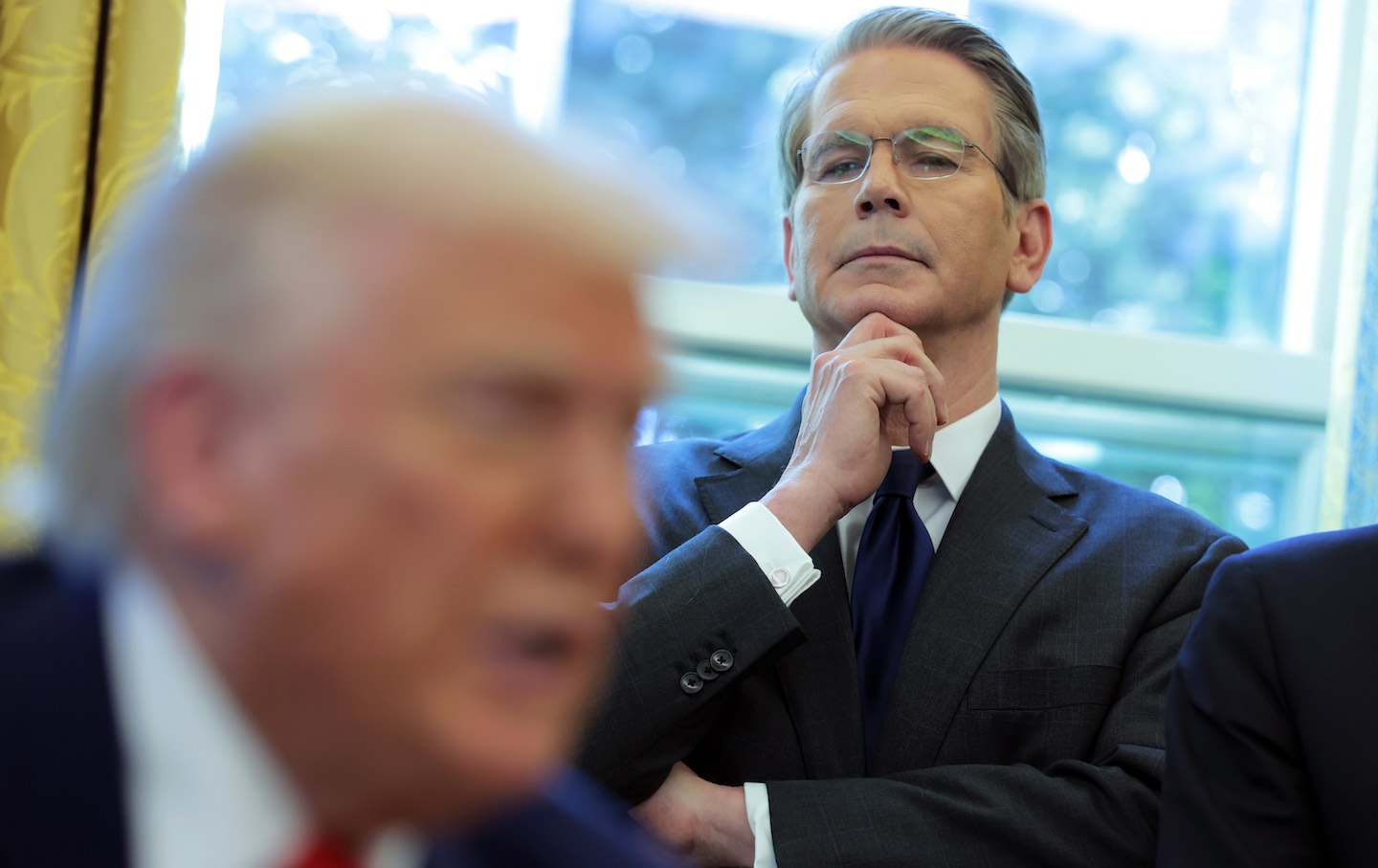
While Bessent and other administration officials defend the long-term benefits of Trump’s economic policies, many Americans are left wondering whether the immediate costs of higher prices and reduced availability of goods are worth the eventual payoff.
In conclusion, Bessent’s remarks reflect the Trump administration’s commitment to its economic agenda, which centers on reducing the U.S. trade deficit and fostering greater economic independence.
While the administration continues to defend its approach to tariffs and trade negotiations, the broader economic consequences remain a subject of intense debate. As the U.S. faces mounting trade tensions and consumer concerns over rising costs, the outcome of these policies will shape the future of the nation’s economic landscape.
